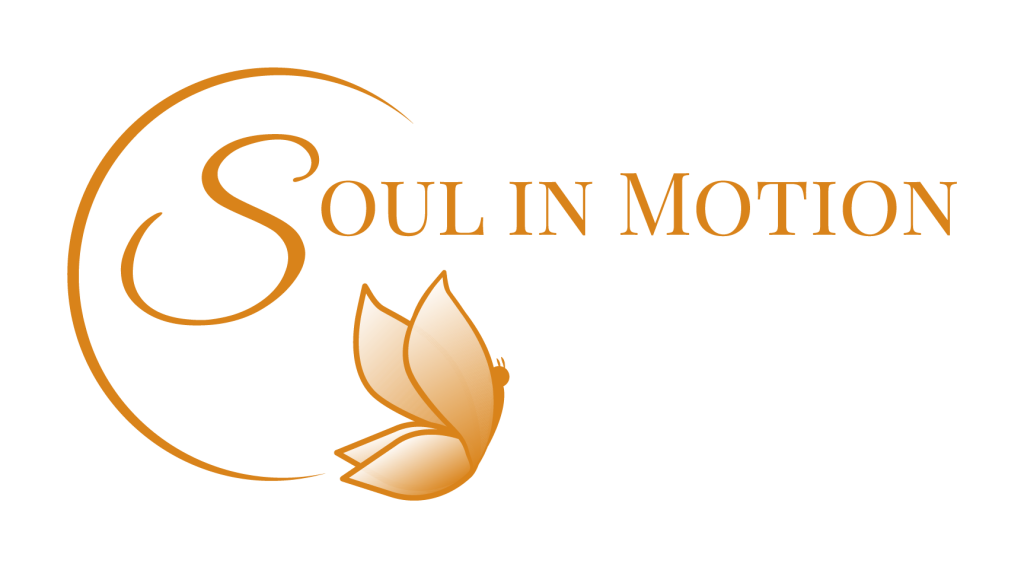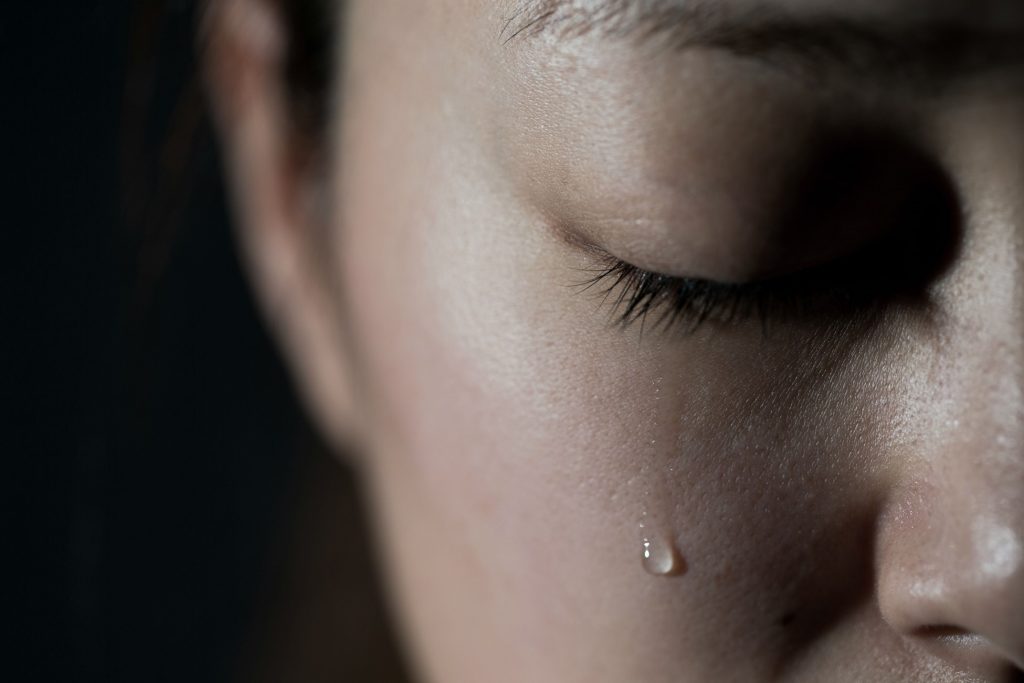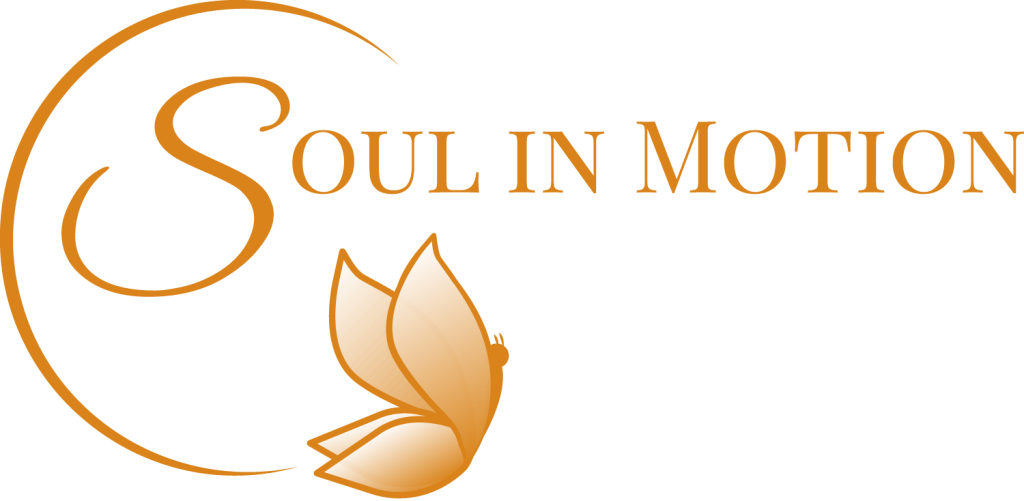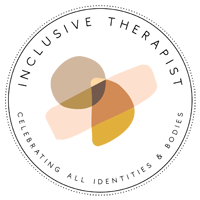What is Trauma Bonding?
Relationships can be really tricky, and sometimes we can find ourselves in ones that are unhealthy or even abusive. One thing that can happen in these kinds of situations is something called “trauma bonding.” Trauma bonding is when you develop a strong emotional attachment to someone who is hurting you, even though you know the relationship is bad for you. It might seem strange, but trauma bonding is actually very common.
Trauma bonding happens when the person who is being abusive shows both positive and negative behaviors towards the victim. They might be loving and kind one minute, then cruel and manipulative the next. This pattern of rewards and punishments creates a really powerful emotional connection. The victim starts to feel like they depend on the abuser and that they can’t survive without them, even though the relationship is damaging them.
The Stages of Trauma Bonding
Research has shown that there are usually a few different stages that happen in trauma bonding relationships:
- Idealization: At first, the abuser makes the victim feel special, showering them with affection, gifts, and promises of a perfect future together.
- Devaluation: Over time, the abuser starts to put the victim down, criticize them, and try to control them. The victim is made to feel worthless and like the abuse is their own fault.
- Traumatic Bonding: As the mistreatment continues, the victim becomes deeply attached to the abuser. They crave the abuser’s approval and unpredictable kindness, even though the relationship is clearly unhealthy.
- Entrapment: The victim may try to leave, but feelings of fear, self-doubt, and the belief that they can’t survive without the abuser keep them trapped. The trauma bond makes it incredibly hard to break free.
Why Trauma Bonding Happens
There are a few reasons why trauma bonding develops. First, the unpredictable way the abuser acts triggers the victim’s fear response, keeping them on edge and desperate to please the abuser so they don’t get hurt. This activates the brain’s reward system, so the victim starts to associate the abuser’s kindness with safety and comfort.
The abuser might also use sneaky tactics like gaslighting, where they make the victim think the abuse is their own fault or that they’re “crazy” for seeing the relationship as unhealthy. Over time, this can really mess with the victim’s self-esteem and sense of reality.
Ultimately, trauma bonding isn’t a choice – it’s a complex trauma response that the brain uses to try to cope with an abusive situation. Victims aren’t weak or foolish for becoming attached to their abusers. They’re just doing their best to survive.
Breaking Free from a Trauma Bond
If you’re in a trauma-bonded relationship, know that you’re not alone and there is hope. Breaking free is possible, but it takes time, support, and lots of self-compassion. Here are some steps that can help:
- Notice the signs. Pay attention to patterns of abuse, manipulation, and unpredictable behavior in your relationship. Don’t ignore the red flags, even if you really care about the other person.
- Reach out for help. Confide in people you trust, like close friends or family members. Having a support system who can offer emotional support and an outside perspective is so important.
- Seek professional support. Working with a therapist who specializes in domestic violence or trauma can make a huge difference. They can help you make a safety plan, work through your feelings, and build healthier coping skills.
- Practice self-care. Do things that nourish your mind, body, and spirit, like exercise, hobbies, or spending time in nature. This can help counteract the damage of the trauma bonding.
- Be patient and kind with yourself. Breaking free from trauma bonding is incredibly difficult. Honor your feelings, celebrate small wins, and don’t judge yourself for the ups and downs.
At the end of the day, healing from trauma bonding is about reclaiming your worth and your power. You deserve healthy, fulfilling relationships – and you have the strength to create them, even if it feels impossible right now. With the right support and self-compassion, you can break the cycle and build the life you deserve.
Learn More
If you’re interested in learning about trauma therapy, we invite you to check out our Trauma Therapy Page.
If you’d like to reach out to us, you are welcome to contact us here.













